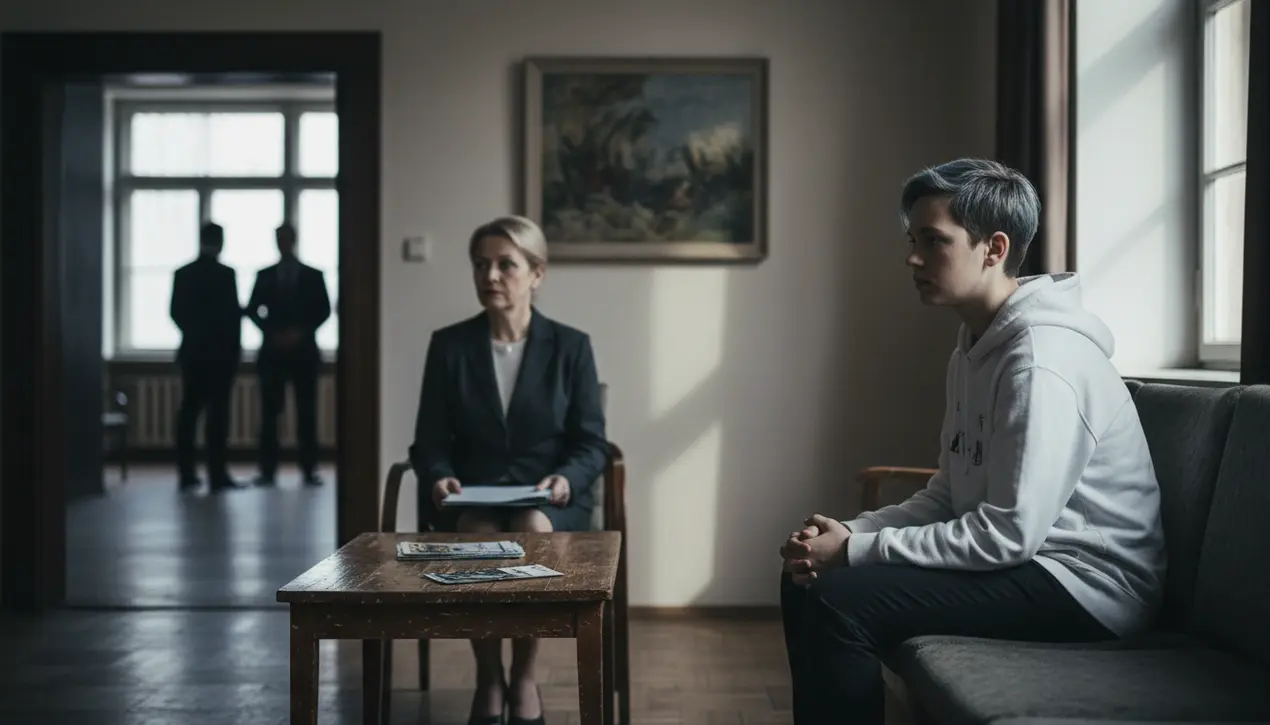
Politicshuman rightsLGBTQ+ Rights
Trump's Foster Care Order Prioritizes Religious Rights Over LGBTQ+ Youth
AN
Anna Wright
6 hours ago7 min read
In a move that feels hauntingly familiar to those who track the intersection of faith, policy, and identity, the recent executive order prioritizing the religious rights of potential foster parents over the civil rights of LGBTQ+ youth doesn't just create a new policy—it reanimates a foundational conflict at the heart of America's child-welfare system. This isn't merely a bureaucratic adjustment; it's a profound philosophical shift, one that frames religious liberty and the protection of vulnerable children as opposing forces in a zero-sum game.The order effectively empowers faith-based agencies, many of which receive substantial public funding, to operate according to their religious tenets, even if those tenets preclude them from placing children with same-sex couples or affirming transgender youth. The immediate consequence is stark: in a country where over 400,000 children are in the foster care system, a significant number of whom identify as LGBTQ+ and face disproportionately high rates of homelessness and mental health struggles, this policy could drastically shrink the pool of available safe homes.It forces a cruel choice upon states and agencies: comply with this interpretation of religious freedom and risk violating non-discrimination statutes, or defy the order and lose federal support or partnerships with vital religious organizations. The historical parallel is undeniable; this echoes the long-standing battles over faith-based initiatives in social services, where the original sin, as the article's text suggests, was the system's failure to universally prioritize the child's well-being above all else.We've seen this narrative unfold before in adoption services, leading to litigation and patchwork protections that vary by zip code. The human impact is far from abstract.Imagine a sixteen-year-old gay youth, who has already faced rejection from their biological family, now being told that a potentially perfect, loving home is unavailable because the agency facilitating the placement does not affirm their identity. Expert commentary from child welfare organizations like the Child Welfare League of America consistently underscores that the only criteria for foster parenting should be the capacity to provide a safe, stable, and nurturing environment—not the theological beliefs of the intermediary.This order, therefore, doesn't just regulate procedure; it institutionalizes a potential for harm, sending a message to LGBTQ+ youth that their identities are negotiable, a secondary consideration to an adult's right to dissent. The broader context is a nation deeply divided on these issues, with Supreme Court rulings like *Fulton v.City of Philadelphia* gradually eroding the wall between church and state in public services. The possible consequences extend beyond foster care, setting a precedent that could ripple into healthcare, education, and other domains where religious exemptions are sought. Ultimately, this is a story about power, about whose rights are deemed paramount by the state, and it leaves the most vulnerable—the children awaiting families—caught in the crossfire of an ideological war they did not choose.
#editorial picks news
#Trump
#executive order
#foster care
#religious rights
#LGBTQ+ youth
#civil rights
#child-welfare
Stay Informed. Act Smarter.
Get weekly highlights, major headlines, and expert insights — then put your knowledge to work in our live prediction markets.
Related News
Comments
Loading comments...
© 2025 Outpoll Service LTD. All rights reserved.